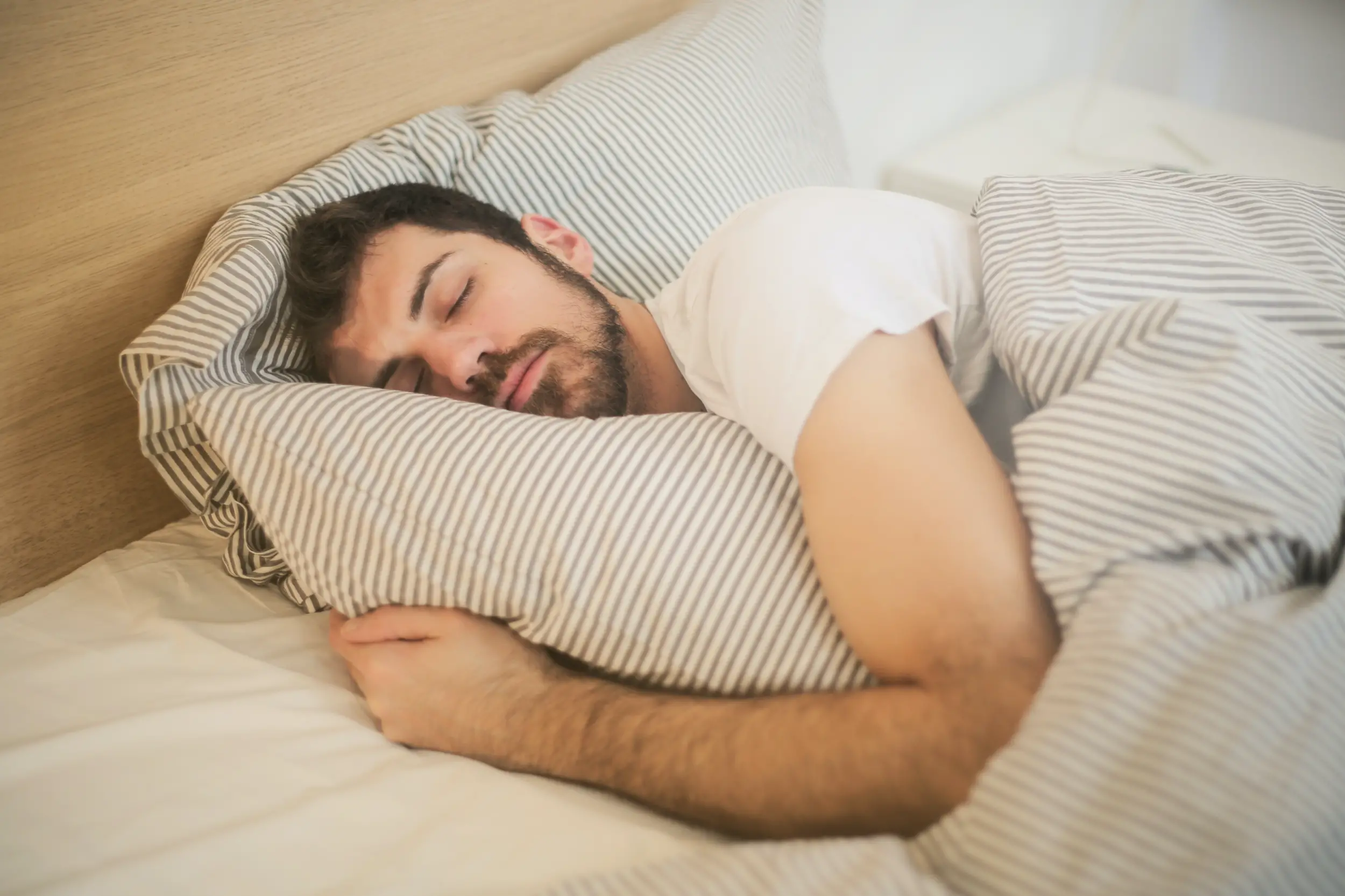Sleep more, eat less!
Why? Because there is a direct relation between sleep and weight loss and a lack of sleep can drastically impact your eating habits, and in turn, your health and fitness goals. Sleep deprivation has been linked to an increased appetite. A recent study examined men with eight hours sleep, and men sleep deprived and measured appetite, levels of ghrelin, and rating of ideal portion sizes. Results confirmed that those sleep deprived had an increased appetite and their ghrelin levels had increased. They also opted for larger ideal portion sizes for all meals.
When sleep deprived, ghrelin, the body’s hunger hormone, levels increase, and leptin, the body’s hormone that tells you when your full, decreases. As a result, we eat more to make up for the additional energy expenditure associated with less sleep. Putting the two together, it’s no wonder we overeat and gain weight when our sleep is put on the back burner. To throw another hormone into the mix, there is a cortisol spike associated with insufficient sleep as well. Cortisol often gets a bad rap, but it’s actually so important for our body. When our cortisol levels are optimal, we feel fantastic. It’s when we experience a high or low, that we feel anxious, overwhelmed, or fatigued. Cortisol has a profound effect on the entire body, and plays a major role in our energy, mood, mental clarity, and sleep. This is one of the reasons why keeping your cortisol at an optimum level is vital, and one way of ensuring this is to be getting enough sleep.
In addition, a less than satisfactory sleep appears to increase the sensitivity of the brain’s reward system to higher-calorie foods. Less sleep sets your brain up to make bad decisions; it dulls activity of the brain’s frontal lobe, which is responsible for decision-making and impulse control. You’re also more likely to be too tired and skip exercise or get takeaway instead of cooking.
Getting more sleep can be difficult, particularly with the glow of screens confusing our circadian rhythms. In addition, lifestyle demands, such as, deadlines, excessive exposure to brightly-lit screens, and shift work, just to name a few, are among other reasons why we may be sleep deprived. But, as several studies are now suggesting, it may be an important and relatively simple step, compared with eating well and exercising, in achieving a healthy and happy lifestyle balance.




